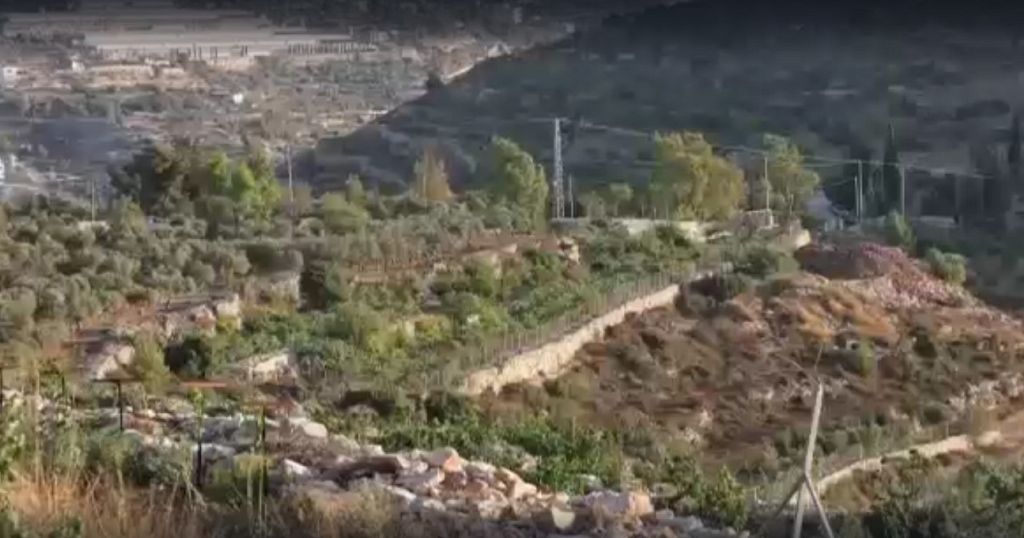Morocco’s Bayt Mal Al-Quds Agency has launched a new initiative to bolster Palestinian farmers in the Jerusalem Governorate amid mounting economic and environmental pressures. The agreement, finalized during a meeting with Palestine’s Ministry of Agriculture in Ramallah, aims to provide resources to 250 agricultural households confronting land preservation challenges and financial instability in the contested region.
Palestinian Agriculture Minister Rizk Salmiya highlighted the urgency of the support during a signing ceremony, acknowledging Morocco’s King Mohammed VI, the Moroccan people, and the agency for their sustained solidarity. “Their on-the-ground efforts to stand with Palestinians, including recent food aid in Gaza, are invaluable,” Salmiya stated. The delegation later toured local agricultural sites, including a sheep farm in villages near Jerusalem, where farmers detailed struggles to sustain livelihoods as Israeli settlements expand.
The initiative’s first phase will focus on three critical interventions: distributing drought-resistant seedlings, installing water storage tanks and transportation cisterns, and supplying veterinary kits to protect livestock health. These measures aim to address immediate barriers to productivity while reinforcing long-term resilience for families largely dependent on farming. According to the agency, the project aligns with broader efforts to support Jerusalem’s Palestinian communities through education, healthcare, and infrastructure programs.
Farmers in the area report increasing difficulty accessing land and water resources due to settlement growth, which the United Nations and most international bodies classify as illegal under international law. Many face rising costs, restricted movement, and competition for scarce resources, exacerbating risks of displacement. The Moroccan-funded project seeks to mitigate these pressures by improving agricultural output and reducing reliance on unstable supply chains.
Bayt Mal Al-Quds Agency, which operates under the Moroccan monarchy, has financed dozens of development projects in East Jerusalem and the West Bank over the past two decades. Its work often focuses on sectors overlooked by traditional aid frameworks, such as small-scale agriculture and cultural preservation. This latest endeavor underscores Morocco’s diplomatic outreach to Palestinian civil society, even as geopolitical tensions in the region persist.
While the initiative’s scale is modest compared to the broader challenges faced by Palestinian farmers, locals describe it as a lifeline. “Without tools and water, we cannot survive here,” said one farmer near Ramallah, who hopes the assistance will help his family retain ownership of land cultivated for generations. As debates over territorial claims continue, the project highlights the interplay between grassroots development and the broader struggle for economic self-determination in contested regions.
